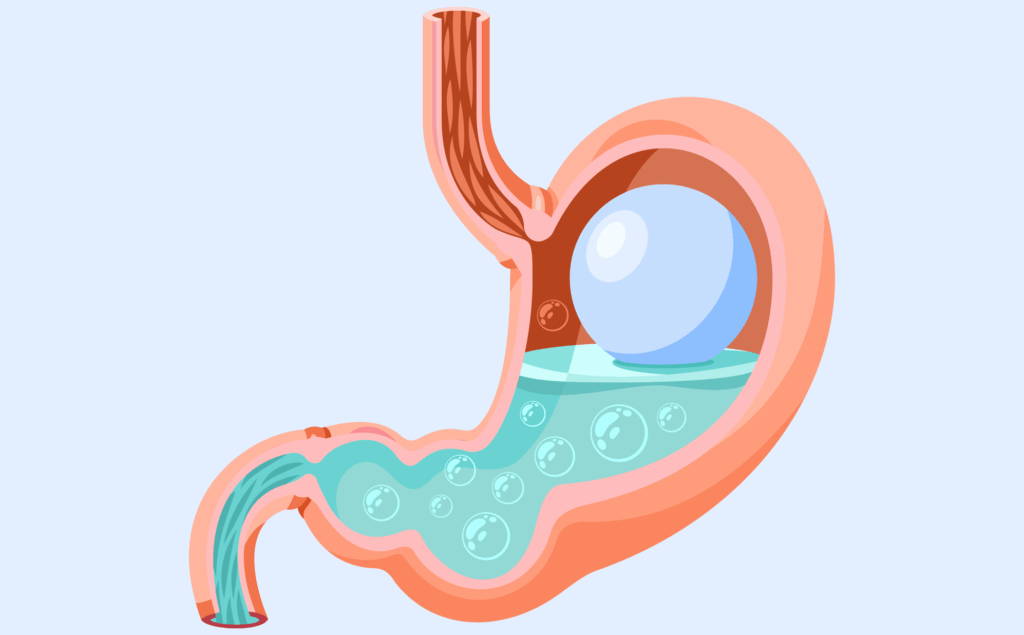The pain and discomfort of gastroesophageal reflux disease, or GERD, often occurs at night, and can even wake you up from a sound sleep, coughing and feeling uncomfortable. This can create a vicious cycle—as poor sleep has been linked to an increase in GI symptoms. Fortunately, there are several things you can do to sleep better when living with GERD.
1. Calm your gut through diet
Manage GERD symptoms through the types of food you eat. You may want to avoid acidic foods (tomatoes, citrus, vinegars), very hot foods, spicy foods, fatty foods, carbonation, coffee, and chocolate.
2. Adjust meal timing and sizes
Try to eat smaller, more frequent meals and avoid eating in the two hours prior to going to bed. Additionally, staying upright for at least 30 minutes after eating can aid in digestion.
3. Consider your sleeping position
Some research indicates that sleeping on your left side helps ease GERD symptoms, and propping your head and upper body up by 6 inches can make sleeping more comfortable.
4. Ask about medication
Medication, such as proton pump inhibitors (Omeprozale, Esomeprazole) or H2 receptor blockers (Cimetidine or Famotidine), can often help ease the symptoms of chronic acid reflux over time. Talk to your GI provider about whether medication might play a role in your comprehensive care plan.
Your Oshi Health team can help make recommendations to improve your symptoms and work with you over time to effectively treat chronic acid reflux for more restful nights. Book Your First Visit Today!
Find lasting relief from GERD symptoms
Feel like GERD is getting in the way of enjoying your life? You’re not alone—and we’re here to help.
Oshi Health GI providers, gut-brain specialists, and registered dietitians work together to address symptoms like acid reflux and heartburn and find solutions that actually work for you.
Our GI specialists will work with you to reduce symptom flare-ups and make meal times less stressful through:
✔ Personalized care plans tailored to your lifestyle
✔ Evidence-based GERD nutrition guidance
✔ Science-backed strategies to calm your gut
✔ Compassionate, whole-person care
✔ And so much more!
Ready to take control of your GERD symptoms?




